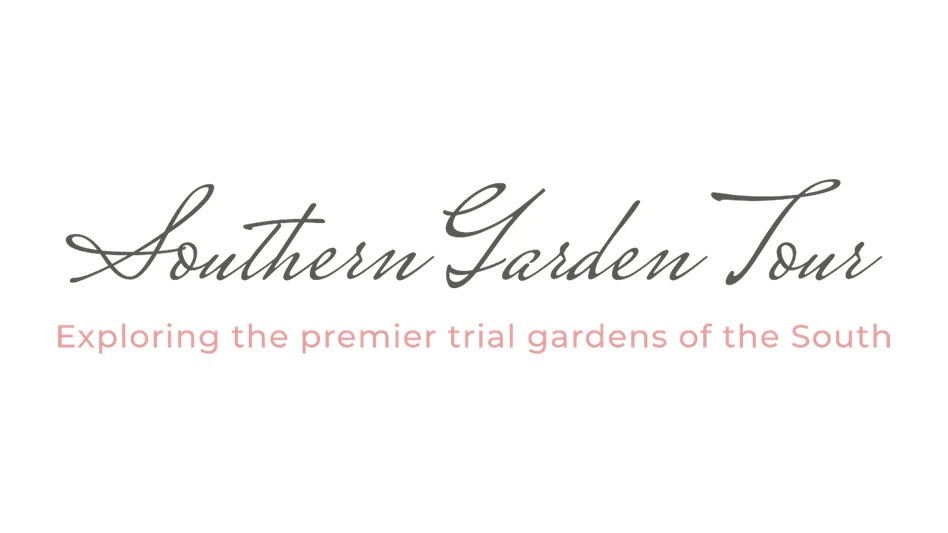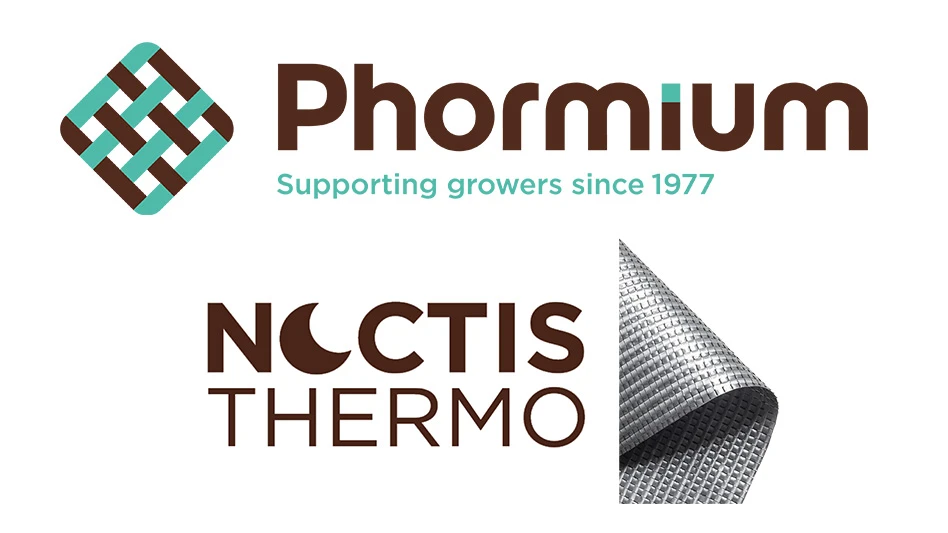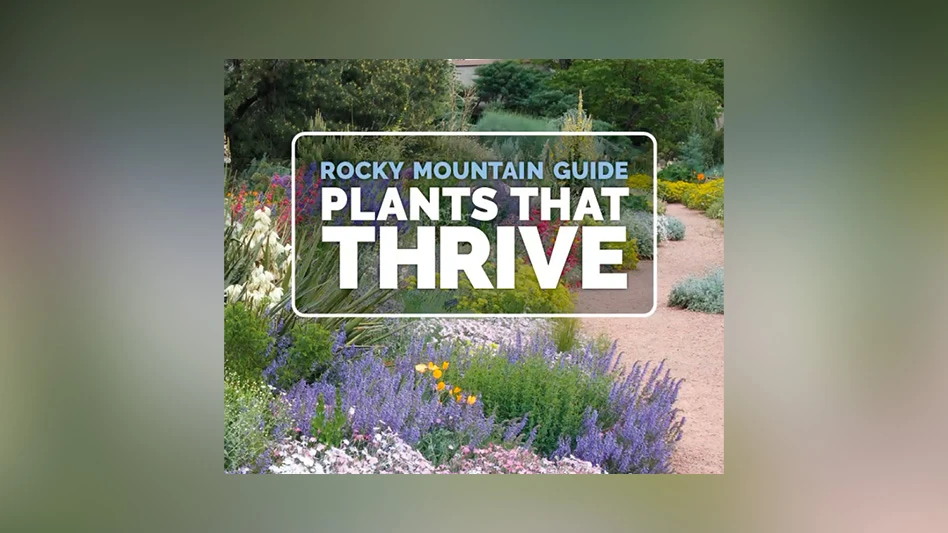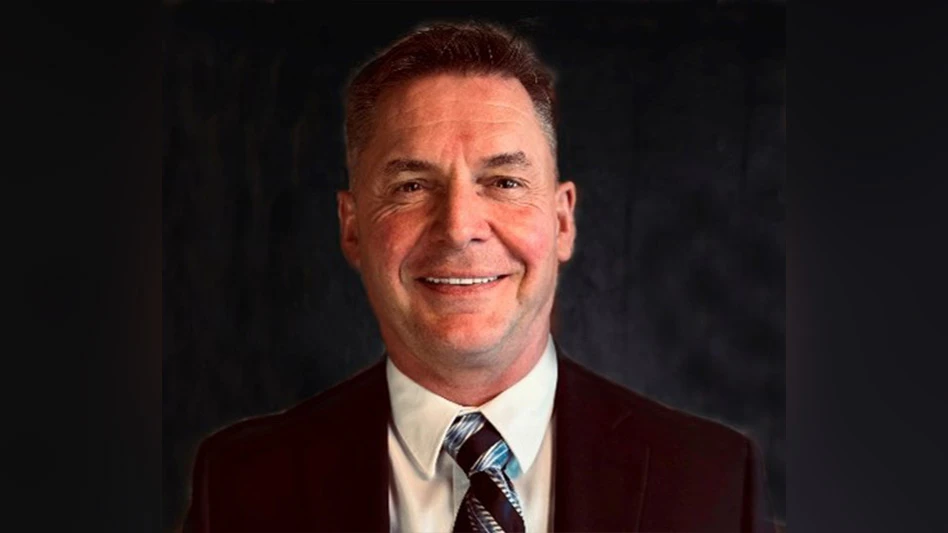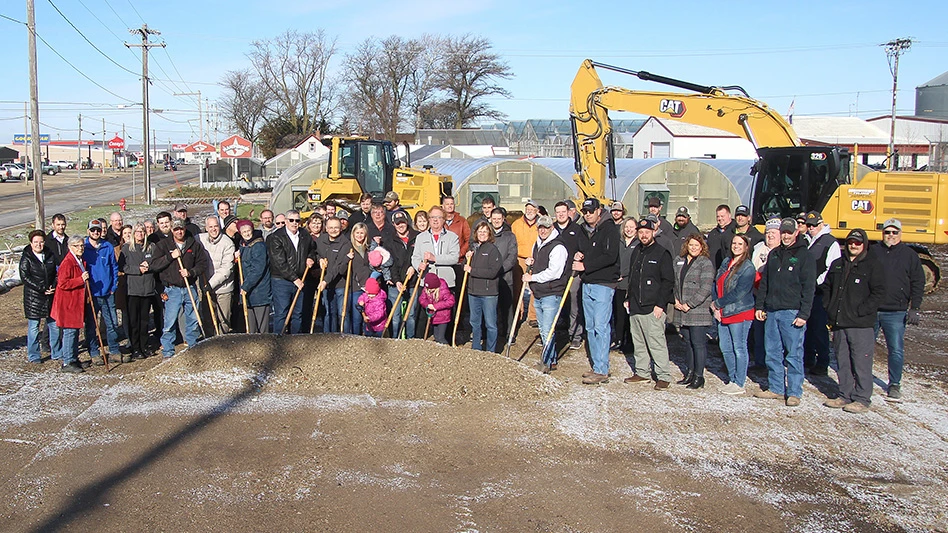
Tony Van Oort remembers the day his friend and new partner Gary Neels christened their company Qualitree. Twenty-nine years later, quality behind the name permeates every aspect of the business, from plant production and grower support to automation and technology, to an empowering company culture where talent thrives.
Marked by a spirit of innovation and specialization, the Canadian company has grown to 100 acres — nearly 17 in greenhouse structures, the balance in outdoor growing space — and offshoots as diverse as horticulture tags, paper propagation pots and a new end-to-end ERP (Enterprise Resource Planning) software system for the horticulture industry. All born from humble roots.
Early on, the pair explored different avenues, from wholesaling their fathers’ field-grown trees to fresh-cut flowers. As they grew, the division of labor between the two came naturally. Neels focused on the science of growing; Van Oort stepped into logistics and sales.
There was a time no one considered them experts in anything. Without volume in any one thing, sales were strictly regional. Times got tough. They decided survival depended on becoming ‘the best’ at something.

Along the way, they realized their geography didn’t suit scaling finished product across North America. “We wanted to supply a lot bigger area, namely the United States and Canada as a whole. With the logistics of that, the only way we could do that is to supply small stuff,” Neels says.
So, they focused on a promising niche: exceptional quality in propagation. Young plants comprise the bulk of their business today.
Van Oort describes Qualitree as a hybrid European model, less specialized — and less risky — than Europe’s monoculture growers, but still highly selective, offering fewer than a dozen genera. “… our goal is to be foremost in the minds of all growers in North America,” he says.
Neels explains they’re open to more, but only if all boxes are checked. First, does the plant fit their geography and is it high-volume? Next, can Qualitree make a difference, through better genetics, better growing techniques or extensive grower support? Disease resistance and plants requiring fewer chemical inputs, such as growth regulators, are priorities.
Specialization dovetails with Qualitree’s partnership focus. The company strives to be a strategic partner for their clients, not a competitor. Van Oort stresses they’re not experts at everything, but their model is to be the best at everything they do.
Ask about their annual production, and both hesitate. They’re not reticent to share — they’re just not focused on that metric. “How many customers we help succeed in a year is a way more important metric to me than the amount of units per year we produce,” Van Oort says. “Our success is only a result of helping others succeed. It's a result of, not the primary objective.”
Neels puts production between 17 and 20 million units per year. That includes some prefinished and retail-ready plants, but mostly young plants destined for grower clients who enjoy one of the industry’s most extensive, hands-on grower support services.
Seeking standardization and efficiency
Qualitree is known for its hyper-efficiency and extensive automation. Neels and Van Oort credit Director of Process Innovation & Automation Henk Rozendaal, now a partner nearing retirement, for that reputation. After calling on Qualitree for an irrigation company, Rozendaal joined them in 1999. He brought extensive ties to European horticulture and technology with him.
Other Qualitree partners include Henk’s son and former CEO Gerrit Rozendaal, now CEO of Qualitree’s new software company, Aster Software Group. Director of operations Toby De Rover is also a partner.
A turning point came in 2017 when the company bought 50 neighboring acres, doubling their property size. For years, they’d been dreaming of what they’d do with a clean slate. Now they had one. They spent two more years planning before they started to build.
Universal bed size was a priority. Every bed is exactly the same width and depth. They went from roughly 30 pot sizes down to three: 4- and 6-inch, with some limited 9-inch for a space they couldn’t otherwise use. If it can’t grow in one of those three pot sizes, it doesn’t happen. “Everything becomes simpler when you standardize,” Van Oort says, adding many growers miss that step.
He explains standardization and mechanization must come first. “Automation isn't possible until those foundational elements are present,” he says. Imagine trying to automate 500 different pot sizes, with 50 different bed types and widths. “You have to think of all of those foundational elements, what I call standardization, before you can automate, or automation simply isn't possible.”
At Qualitree, forklifts move plants, while custom-built machines plant. “In some cases, we actually seal a plastic cover over the plant to help with conserving water and also weed management, which is always a work in progress, but it’s pretty unique to us,” he shares.
Their first ISO robot will be joined by more. Fine-tuned with desired parameters, the robot saves labor sticking cuttings, but it also improves quality control. “It basically forces us to be more consistent on the cuttings because it'll just discard the ones that aren't good enough,” Neels says.
Plants are graded with a camera system. “We can get much more uniform lots going out to the clients, and we can take smaller material and grow it a little bit further here. That piece we’re developing quite rapidly,” Neels says.
Neels explains the goal is to mechanize and automate as much as possible to have more consistent outputs, maintain their people and free them to focus on the science of growing rather than logistics. “It’s a way of life for us,” he says. “It's just a continuous focus on improving all the core pieces — much like lean. Whatever we can automate and mechanize so it gets better and is more consistent, we will do.”

Environmental responsibility
Much of Qualitree R&D focuses on growing improvements, such as improving water quality, improving substrates for growing and propagation, improving weed management, managing water more efficiently and minimizing inputs — all with an eye on the environment.
Neels explains Canadian environmental regulations aren’t what drives their work: “Part of our objectives is to make sure we're at least compliant-plus. We want to be ahead of the game. We want to be seen as that company that truly does care and works on that, and we share that with our grower clients, too.”
Water management is a priority. Qualitree harvests all rainwater possible from their 100 acres. Rainwater off the greenhouses and fields gets captured and stored in reservoirs. Any water and fertilizer injected in irrigation lines and not used by the plant — indoors and outside — is captured and reused. “There's no runoff basically of fertilizer or water. It's all self-contained,” Neels shares, adding that maintaining reservoir water quality has been an interesting challenge.
“We're adding oxygen, we're monitoring with sensors — the oxygen levels, the pH, the ECs, temperature. We're still working on making that better,” he adds.
Empowering people and culture
Watch a video featuring Qualitree employees and authenticity and happiness floods the screen. How does the management team do it? “I guess just by being authentic and real yourself and living that and expecting your people to do the same — and building this culture of trust, which frankly is not easy,” Neels says. “It sounds cool and simple, but you have to continuously work on it and make sure that's constantly maintained because humans are complex and they need to feel that we are genuine and we mean what we say. Otherwise, it falls apart quickly. It's a big piece of running any business, I feel.”
He doesn’t have time for negativity about finding good people with skills who care. “I vehemently disagree with that because I'm convinced it's possible to find the right people, but you need to create the right environment first. That's all to do with the culture and how you work with your people, how you develop them, and grow them as individuals … I hear that ‘horticulturist’ is a dying breed. Maybe we need to ask ourselves, why is that then? Are we doing something wrong? I'm convinced that's the case.” He adds that how you deal with younger generations coming up will determine your company’s outcome.
Van Oort shares that Qualitree works to drive decision making down into the company: “Everybody's got the right to say ‘no,’ but how many people have the right to say ‘yes.’ If you centralize the power — the ability to say ‘yes’ — with only one or two people or a small team, you simply will hit a ceiling and stop growing because you're the bottleneck now.”
The team invests in their company culture because it’s the right thing, but they acknowledge it helps attract and retain talent. “We're in a war for talent as an industry and it's hard to find good labor, so everything matters. Culture matters because culture probably matters more than money,” Van Oort says, adding that sustainability and giving back are also important.
On that note, the industry will soon see an announcement that brings Qualitree and its employees great pride: In March, the Qualitree Cares Foundation received government approval as a legal charitable organization. Every Qualitree business unit is now mandated to give a certain percentage of profits back to the charitable organization. Details and methodology are still under review but will be announced when confirmed.
Van Oort says the 21st century is about collaboration and working together. Four powerful words — Growing Partnerships, Delivering Excellence — express Qualitree’s vision. “I truly believe that the only way we succeed is in partnership and working together,” he says. With a focus on excellence, providing value and helping solve big problems, Qualitree is driving positive change in the horticulture industry and far beyond.
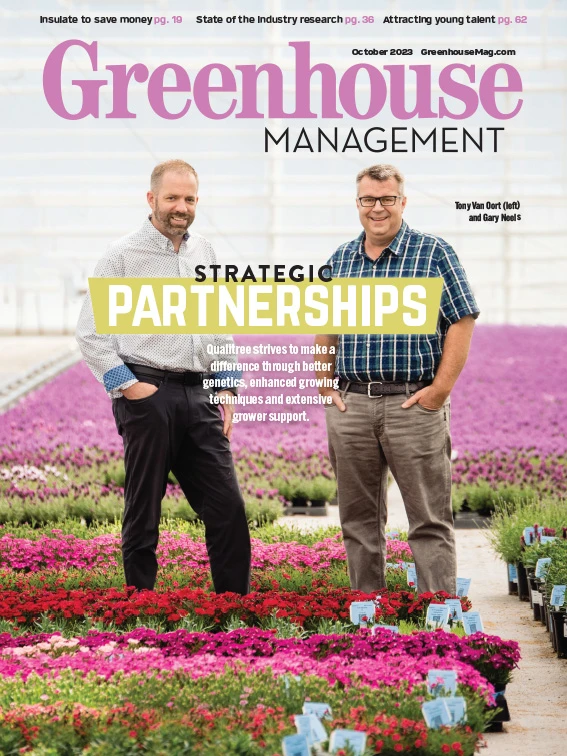
Explore the October 2023 Issue
Check out more from this issue and find your next story to read.
Latest from Greenhouse Management
- This month's Greenhouse Management magazine is about native plants and sustainability
- The HC Companies, Classic Home & Garden merge as Growscape
- Terra Nova releases new echinacea variety, 'Fringe Festival'
- Eason Horticultural Resources will now officially be known as EHR
- BioWorks receives EPA approval for new biological insecticide for thrips, aphids, whiteflies
- ScottsMiracle-Gro transfers cannabis subsidiary to focus on core lawn and garden business
- Should we start calling natives 'eco-beneficial plants'?
- Ellen Mackenbach-Lakeman appointed new CEO of Dümmen Orange

